Indigenous Governance Database
intergovernmental collaboration
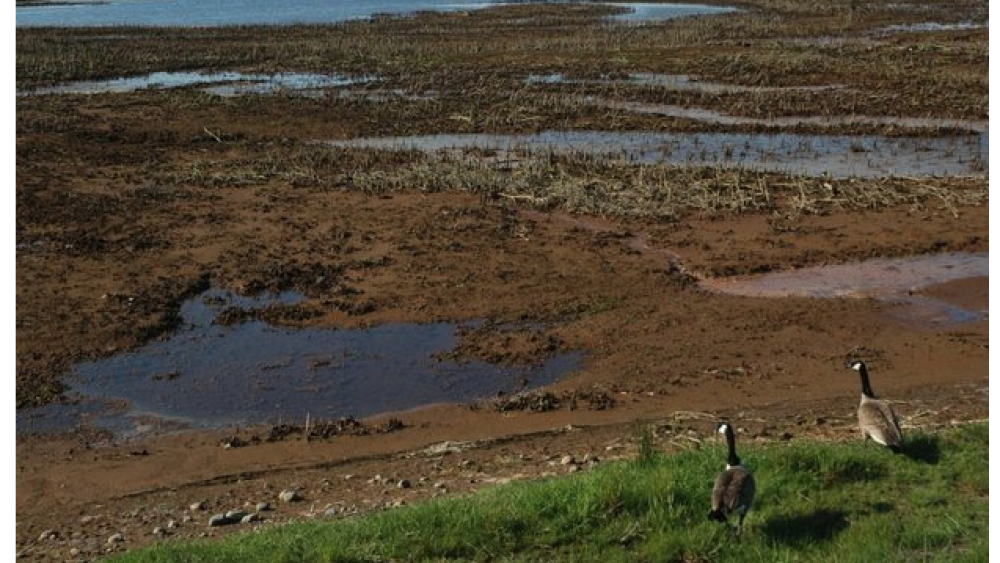
Washington joins Nisqually Tribe to develop new 1,300-acre state park in Mount Rainier foothills
Washington will develop a new 1,300-acre state park in the Mount Rainier foothills, about a 2.5-hour drive north of Portland/Vancouver. The Washington State Parks and Recreation Commission and the Nisqually Indian Tribe on Tuesday signed a partnership agreement for the collaborative development of…
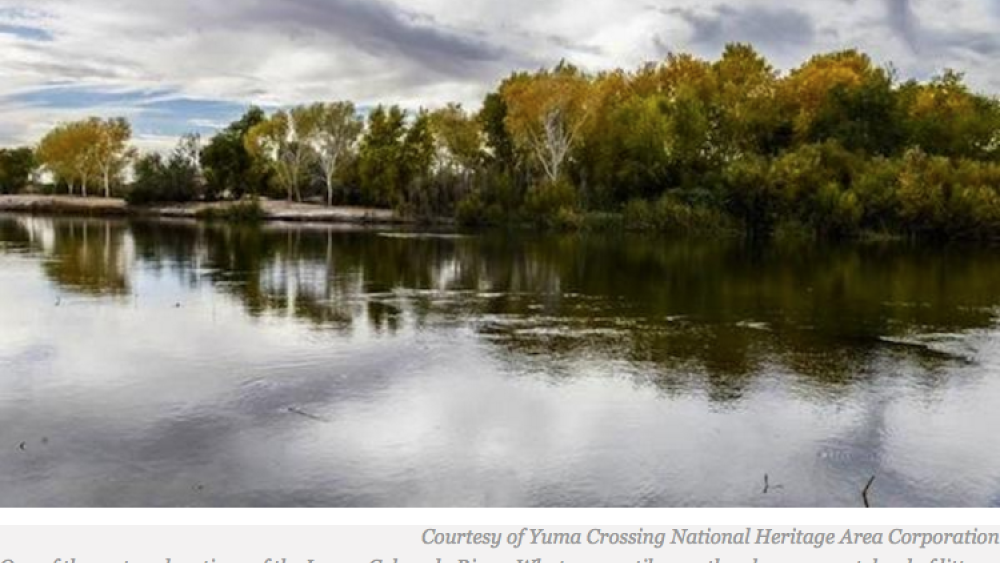
Tribal Transformation: Quechan Help Bring Lower Colorado River Habitat Back to Life
The Colorado River, once home to riverboats and a source of liquid sustenance to many, has been referred to as America’s Nile, the most important river in the Southwest. Until recently a section of the lower Colorado with the city of Yuma on one side and the Quechan Indian tribe on the other was a…
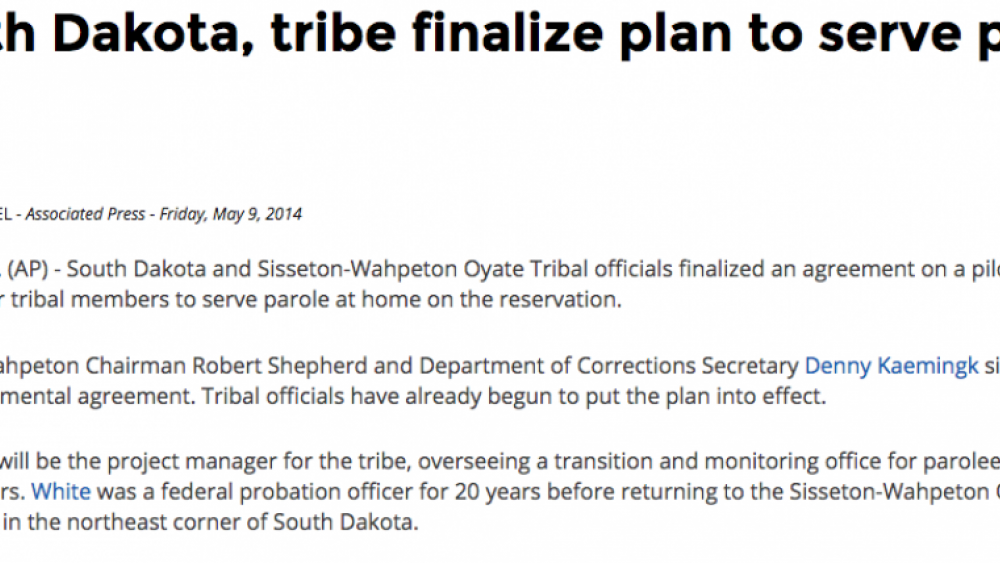
South Dakota, tribe finalize plan to serve parole
South Dakota and Sisseton-Wahpeton Oyate Tribal officials finalized an agreement on a pilot program for tribal members to serve parole at home on the reservation. Sisseton-Wahpeton Chairman Robert Shepherd and Department of Corrections Secretary Denny Kaemingk signed the intergovernmental agreement…
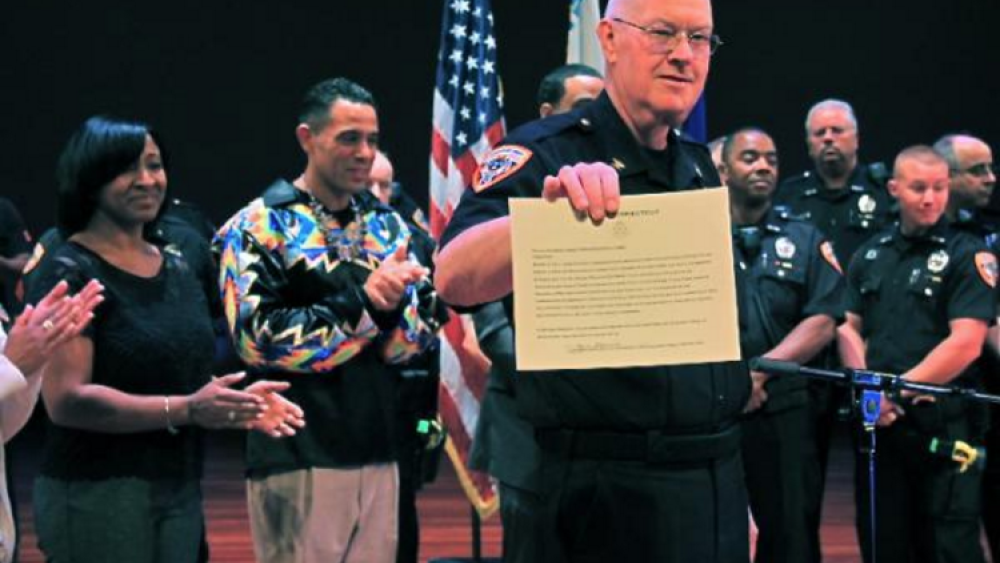
Police Protection in CT Increases: Tribes Can Now Arrest Non-Natives
On Friday, August 1, 27 members of the Mashantucket Pequot Tribal Police received the power to arrest non-Natives on tribal land. “Up until now they could only hold and detain non-tribal members until the state police could come and make the arrest,” William Satti, director of public affairs for…
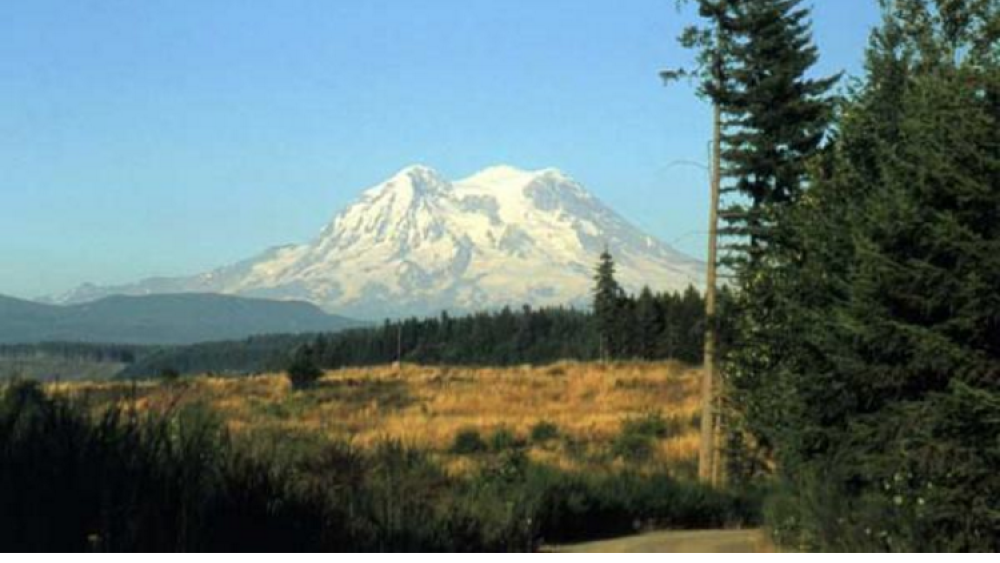
Nisqually Tribe, State Partnering on Development of Nisqually State Park
The Washington State Parks and Recreation Commission and the Nisqually Indian Tribe are working together on future development of Nisqually State Park in Olympia, Washington. The 1,300-acre park lies at the confluence of the Nisqually River, Mashel River and Ohop Creek. The park includes a diverse…
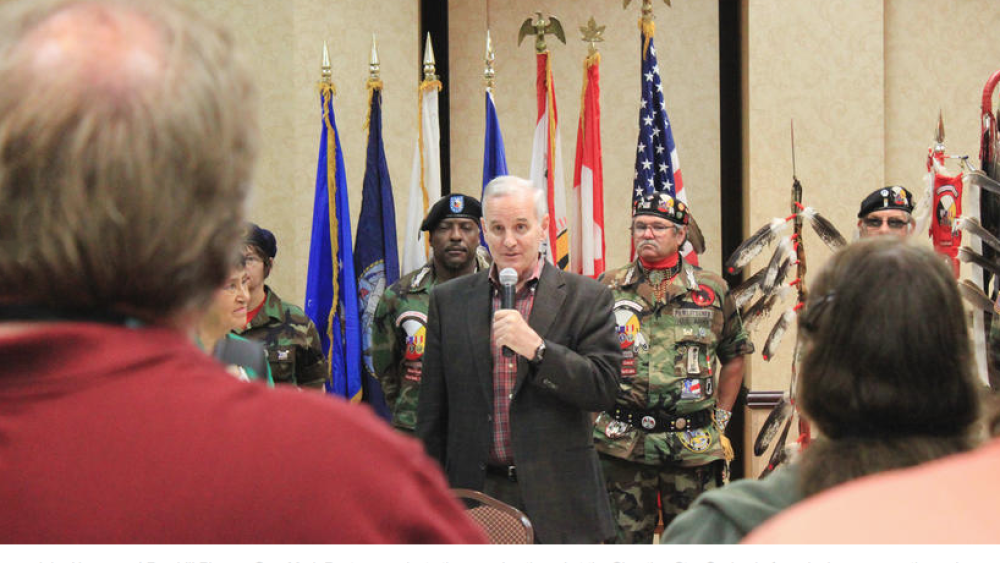
Dayton signs tribal consultation executive order
With the White Earth Nation flag and tribal and state representatives standing behind him, Gov. Mark Dayton signed an executive order Thursday directing state agencies to develop policies to guide them when working with tribal nations...
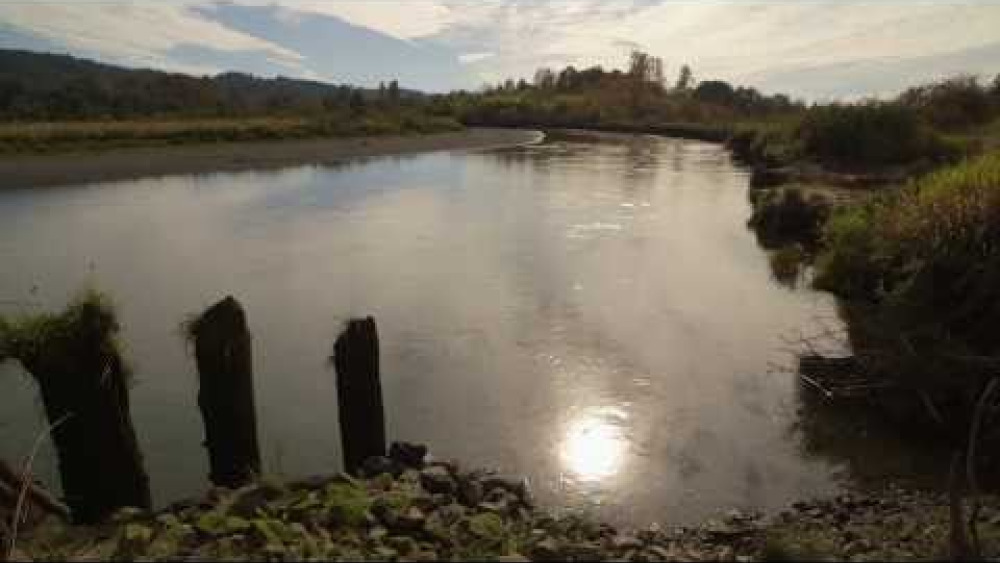
Coming Back: Restoring the Skokomish Watershed
Members of the Skokomish Watershed Action Team have been collaborating for a decade on how to best restore the Skokomish watershed, located at the southern end of Hood Canal, in western Washington. From federal agencies to the Skokomish Tribe to private citizens, this is the story of how these very…
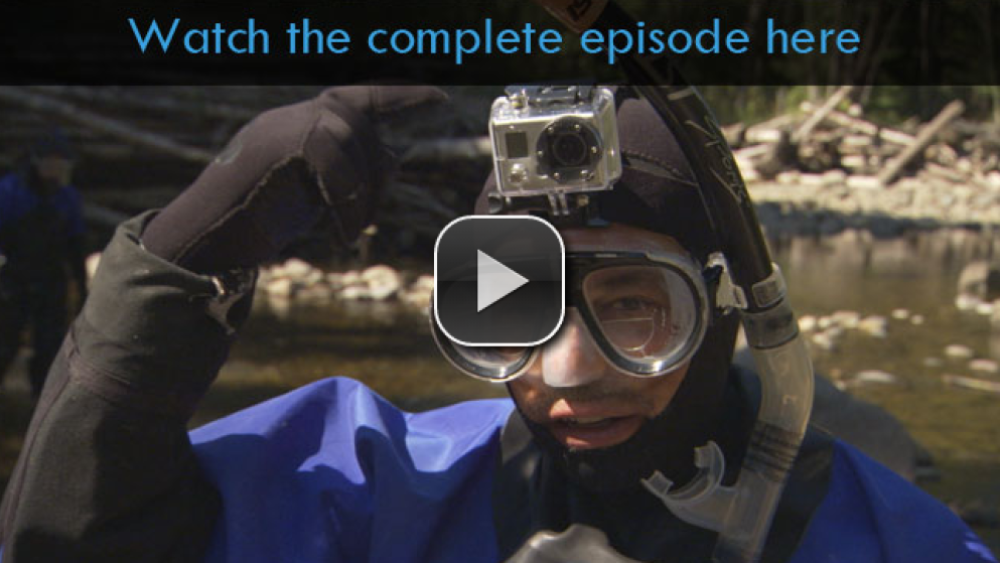
Saving the Ocean: River of Kings, Part 2
An unusual coalition of tribal leaders, private partners and government agencies is working to restore Washington's Nisqually River from its source in the glaciers of Mount Rainier to the estuary that empties into Puget Sound. Led by the Nisqually tribe, the restoration aims to fill the river once…
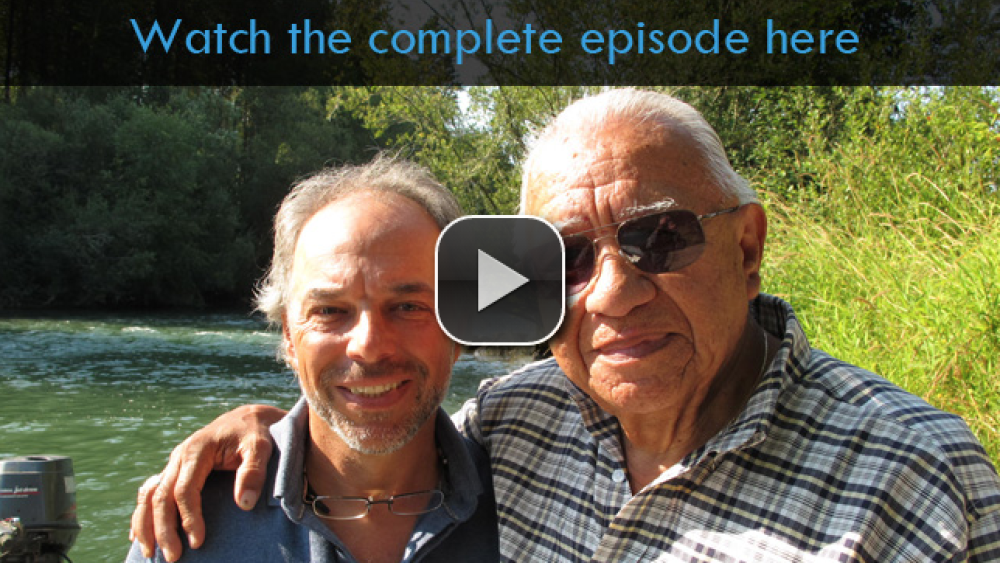
Saving the Ocean: River of Kings, Part 1
An unusual coalition of tribal leaders, private partners and government agencies is working to restore Washington's Nisqually River from its source in the glaciers of Mount Rainier to the estuary that empties into Puget Sound. Led by the Nisqually tribe, the restoration aims to fill the river once…
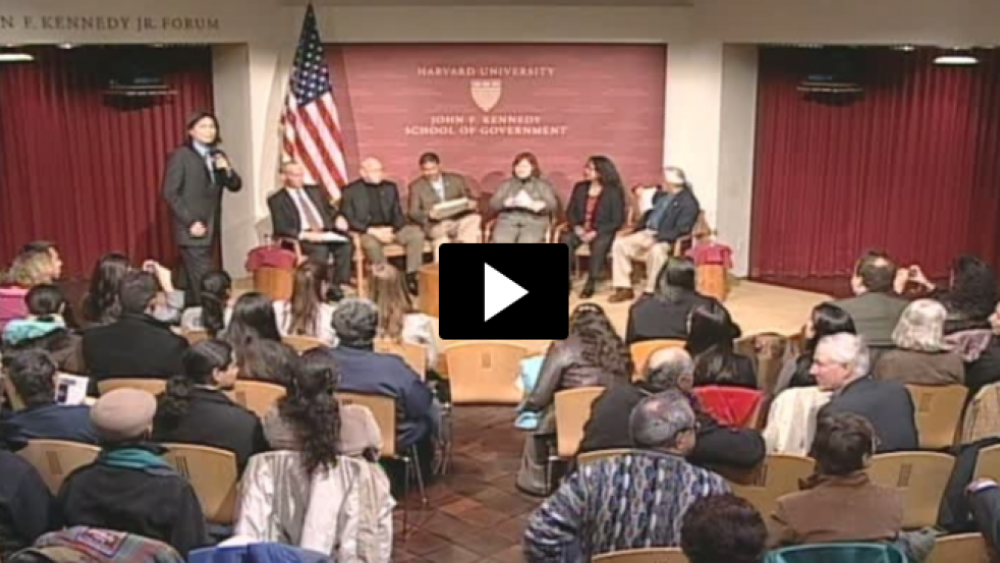
The Future of the U.S./Tribal Nations Relationship
Harvard Project on American Indian Economic Development Co-Directot Joseph P. Kalt leads a moderated discussion with Native nation leaders about the state of the tribal-federal relationship. Held in 2007, the forum featured Jamestown S'Klallam Chairman Ron Allen, Mescalero Apache President Mark…
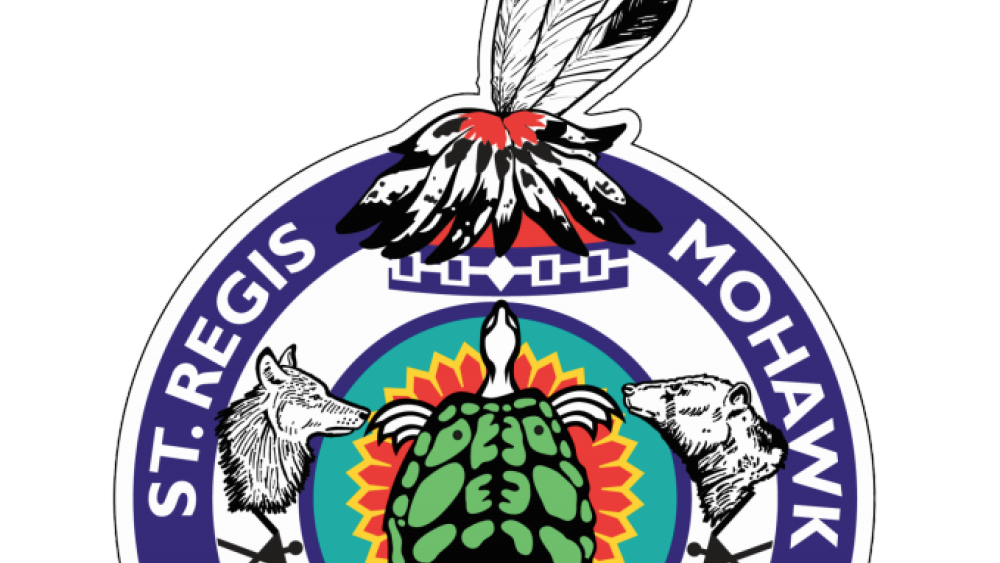
Saint Regis Mohawk Tribe: Climate Change and Adaptation Planning for Haudenosaunee Tribes
Tribes are beginning to identify potential climate change impacts on their cultural and environmental resources and to develop climate change adaptation plans. The Saint Regis Mohawk Tribe, located in New York and Canada, is in the early stages of adaptation planning. The Tribe is bringing together…
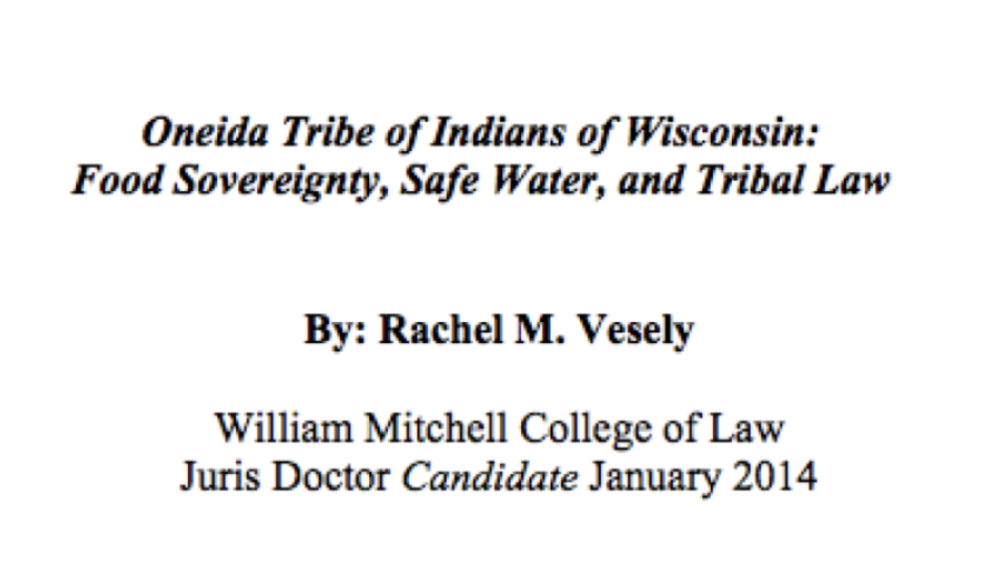
Oneida Tribe of Indians of Wisconsin: Food Sovereignty, Safe Water, and Tribal Law
An example of a Native American community working to achieve food sovereignty not only with physical nutrients but also with social elements is the Oneida Tribe of Indians of Wisconsin. This article analyzes the strengths of the Oneida Tribe's approach to preserving water quality and fishing…
Pagination
- First page
- …
- 1
- 2
- …
